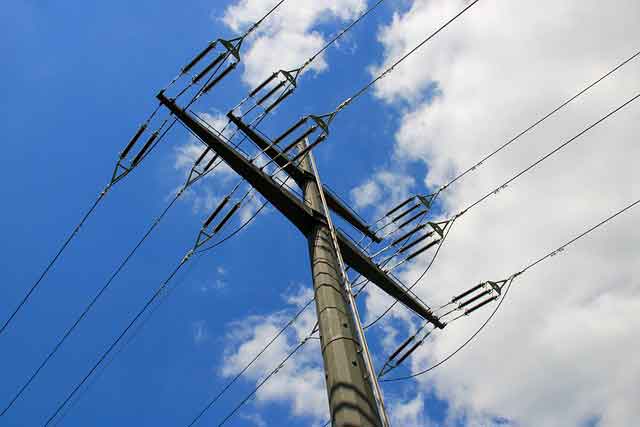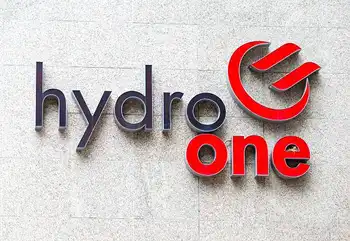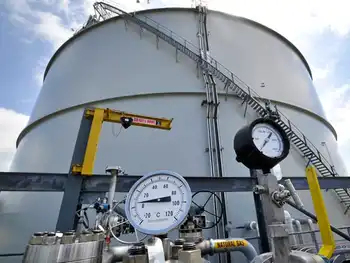BC Hydro rate hike suspended
BRITISH COLUMBIA - A BC Hydro rate hike set to take effect on April 1 has been suspended while the Crown corporation tries to persuade the provincial government that it needs to go on a $6-billion spending spree over the next three years.
The B.C. Utilities Commission ruled that the interim rate increase of nearly 10 per cent will not go ahead as planned. The regulator had approved the new rates for Hydro's customers just recently, but the province's promised rate review has cast doubt on the corporation's long-term spending plans.
The reprieve could be short-lived, however. The BCUC will reconsider the rates on April 8, hoping it will know by then just what the government's review will look like.
"It's quite unusual," said Philip Nakoneshny, director of rates and finance for the utilities commission. "BC Hydro is usually communicating with the government as it prepares its rate application. There has been a change that has occurred since Hydro filed their application on March 1."
That change was the new direction of Premier Christy Clark, who has suggested the rate hikes could be hard on B.C. families.
The publicly owned utility says it needs to make infrastructure investments to meet demands for clean and reliable electricity. To pay for those upgrades, such as the $1-billion Smart Meter program, consumers would be hit with rate hikes of 50 per cent over the next five years.
Just recently, BC Hydro asked to adjourn a hearing into the corporation's rate requirements after the Clark government announced a rate review of its own. In its ruling, the utilities commission said that government review is expected to result in "some form of downward adjustment" on rates.
Energy Minister Rich Coleman's task is to determine if the proposed rate increases meet the test of the "family friendly" agenda set by Ms. Clark, who was sworn in as Premier on March 14 after winning the B.C. Liberal leadership. The BCUC has not yet heard what the terms of the government's review will be.
"All we have is the information that has been made public in the press," Mr. Nakoneshny said. He said BC Hydro could reduce rates by scaling back its spending plans, or it could spread out its borrowing costs over a longer period of time — although that strategy brings its own risks.
BC Hydro's president, Dave Cobb, has met with Mr. Coleman to make the case for his spending plan, but there has been no resolution. Neither Mr. Cobb nor Mr. Coleman returned calls.
John Horgan, a leadership candidate for the B.C. New Democrats who served as the party's energy critic, said the government's management of BC Hydro and the clean energy file is in chaos. Mr. Coleman is the fourth minister in charge of Hydro in less than a year, and the terms of his rate review are uncertain.
"The economy wants certainty and customers want to know what's coming," he said. Mr. Horgan, who has been a high-profile opponent of the expansion of run-of-the-river power projects, says BC Hydro does need to invest in publicly owned power generation.
But he said some of the Crown's expansion plans could be jettisoned without jeopardizing the province's energy needs. He said the government has given BC Hydro too much freedom to operate without checks and balances by stripping the BCUC of its oversight authority on many projects.
"By exempting all these projects, they gave BC Hydro a 'get of jail free' card," he said. "There are some immediate needs... but some of these projects are just a wish list."
Related News

Ontario Drops Starlink Deal, Eyes Energy Independence
TORONTO - In a decisive move, Ontario Premier Doug Ford announced the cancellation of a C$100 million contract with Elon Musk's Starlink, a subsidiary of SpaceX, in direct response to U.S. President Donald Trump's imposition of tariffs on Canadian imports. This action underscores the escalating trade tensions between Canada and the United States and highlights Ontario's efforts to safeguard its economic interests.
The now-terminated agreement, established in November, aimed to provide high-speed internet access to 15,000 homes and businesses in Ontario's remote areas. Premier Ford's decision to "rip up" the contract signifies a broader strategy to distance the province from…




